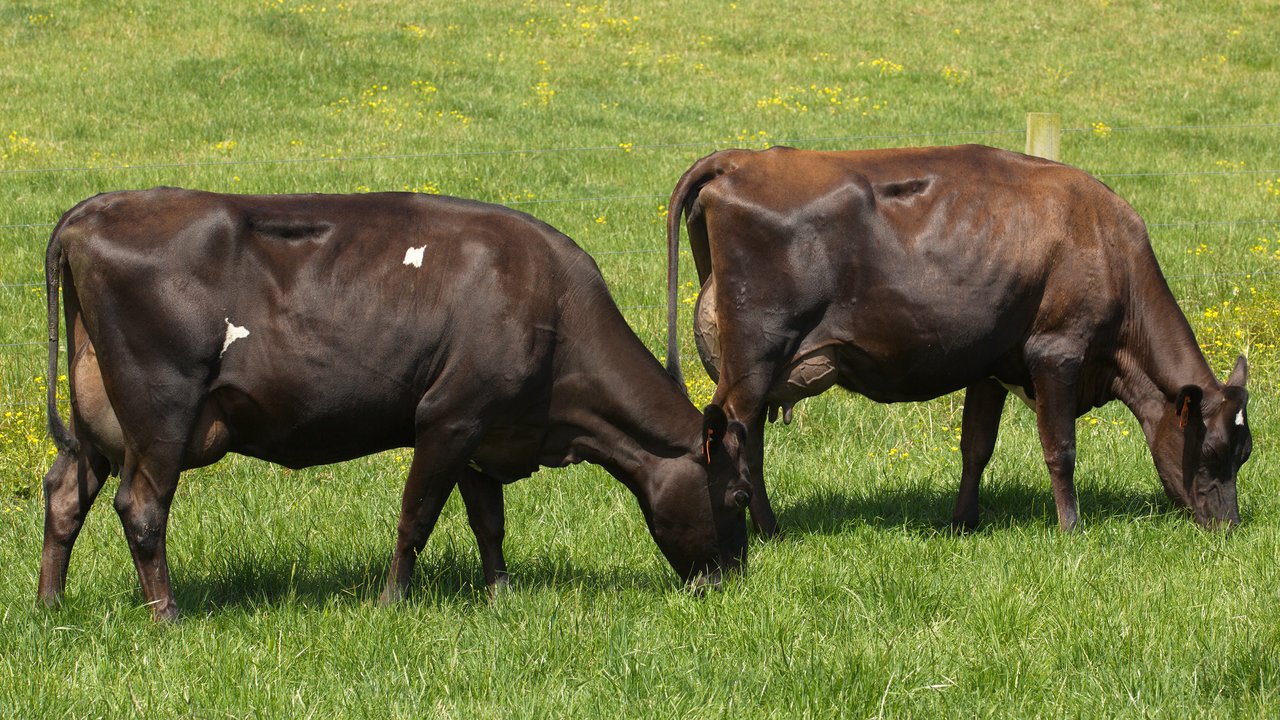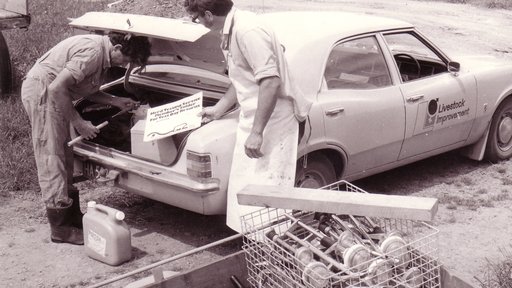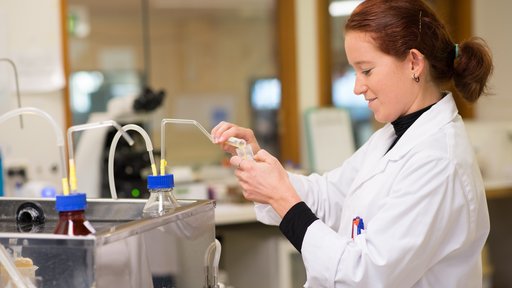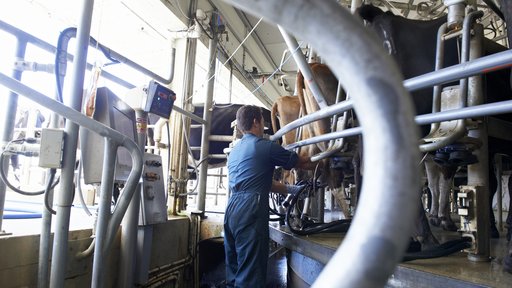For future success and sustainability, our products and services are developed with a rigorous, science-based focus. Our Research and Development Group, who are extensively published, provide technological solutions with quantifiable benefits for our customers.
Projects
We work on a range of projects in these key areas:
- genomics – genomic selection, breeding scheme technical support, genomic sequencing
- analytics – full farm improvement, machine learning, farm systems, satellite pasture measurement
- reproduction – liquid semen diluent, sperm metabolism, sexed semen, cow fertility
- hardware and systems – body condition scoring, high performance sensors, computer vision and optics
- animal health – trialling new or improved diagnostic tests, ELISA and Real-time PCR technology, pregnancy testing via milk.
- environment – exploring methods to calculate and increase the genetic gains towards environmental efficiency of our animals.
Genetics and genomics
As our knowledge of bovine biology increases, we are researching ways to incorporate genetic variants directly affecting traits-of-interest, along with increased amounts of genetic information, into our genetic evaluation system. Thus, driving continued improvements in accuracy of our genetic evaluation and prediction.
Advancements in genotyping technologies has resulted in an increased density of the SNP chips and substantial reductions in the cost of genotyping. This has supported our ability to increase the size and relevance of our genetic datasets. Today we have genomic data on over 300K animals genotyped on a variety of SNP chips as well as whole genome sequence data, with over approximately 20M SNP for over 2000 animals.
We have also been able to add New Zealand specific variants, which has led to the development of a customised New Zealand-specific chip genotype panel, optimised for the genetic investigation of our national herd.
Using whole genome sequencing, we have sequenced many of the key ancestors of the New Zealand dairy herd, and implemented a whole-genome sequencing program focused on our new generation of elite bulls. This allows us to fully determine the variation within their genome, and actively monitor the genetic variation of the national herd. We continue to look into new methods for predicting how the use of our sires will modify the future herd, and provide maximum genetic gain for our farmers.
Our knowledge of sequencing is also being used to investigate the microbiome of dairy cattle and better understand the metagenome of cattle milk, with a view to identifying animal health events. Our aim is to find genetic solutions to improve the profitability and welfare of the New Zealand dairy cattle population.
The team also provides various ongoing support for LIC's International Markets, Livestock Selection programme and GeneMark diagnostic teams.
Analytics
Currently developing advanced analytical and learning models to interrogate and interpret data from the on-farm automated data capture of animals and the environment. For example, in line milk meters, walk over weigh scales and pedometers, and soil moisture probes, weather stations, grass growth recorders, satellite imagery.
Our objective is to deliver a suite of predictive tools that improve the ability of farmers to make sound management decisions.
Reproduction
The Reproduction research team aims to deliver bovine reproduction research and Artificial Breeding (AB) systems to make farming easier and more profitable.
A large part of our group’s research is focused on liquid semen. In the short term, we’re working on process improvements to make the current liquid semen system more robust. In the long term, we’re conducting fundamental research to understand sperm biology under liquid storage. Our aim is to further improve our liquid semen system.
We support the development of new products and services, such as sexed semen and automated oestrus detection. We also play a role in delivering reproduction solutions on farm.
Environment
We are developing methods to understand the environmental efficiency and genetic variation of our dairy cows in order to reduce the environmental impact of our herds. Specifically we are taking animal measurements, particularly methane, to gain a better understanding of the genetic variance and traits that may cause this variance. We have been pleased to launch the HoofPrint® Index in the LIC 2020 Genetics Catalogue which ranks bulls on their progeny’s genetic potential to have a lower lifetime enteric methane and urinary nitrogen output per kilogram of milksolid produced. We are also analysing passed rates of efficiency changes to project what gains are likely and what we can do to increase the rate of genetic gain in this area.
Understanding and improving lifetime efficiency is important for the overall efficiency of a herd. Much of our research work around genomics, analytics, animal health and reproduction will have follow-on benefits to improve the lifetime efficiency of the cow and reduce the impact on the environment.
Animal Health Diagnostics
Our team, based in the Riverlea Rd Diagnostics labs, is focused on the improvement of existing diagnostic tests and introduction and trialling of new tests and technology.
The focus is dairy animals- primarily cattle, but also goats, and the primary disease’s are Johne’s Disease, BVD, S. aureus mastitis, and M bovis testing of LIC bulls as well as pregnancy testing utilising Herd Test milk; these tests utilise ELISA or Real-time PCR technology.
Our philosophy is that we obtain robust trial data supporting any product implemented, in order to understand it’s technical and diagnostic performance. During trial work we work closely with vets and farmers to also understand the disease problem on farm and to identify how best to configure a useful test product.





